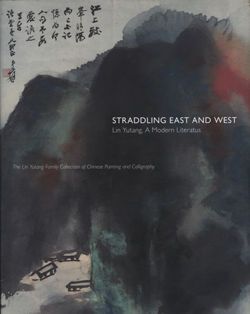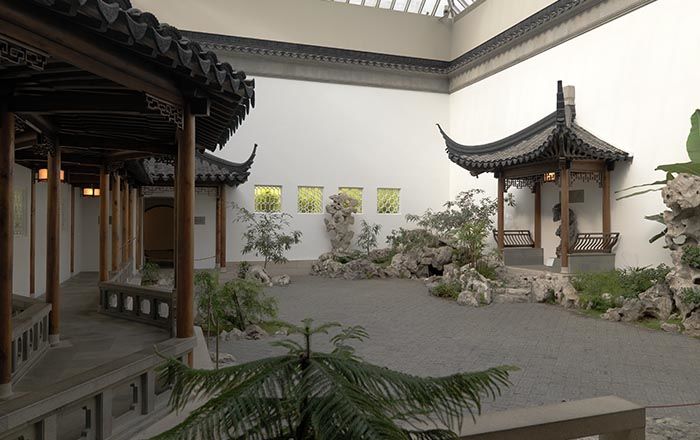On Man and Nature
Lin Yutang Chinese
Not on view
Lin Yutang wrote this piece for his son-in-law Li Ming (Richard Lai). It begins with a transcription of a passage from the essay "On Nature" by Xunzi (Xun Qing, 340–245 B.C.), one of the twin pillars of early Confucianism. After the quotation, Lin offers his own comment on Xunzi's idea. In his essay, Xunzi took pains to refute the rival theory of the "unity of man and nature" that was to dominate Chinese thought for the next two millennia. Lin Yutang notes that this is the only place in the history of Chinese philosophy where the notion of mankind overcoming nature for its own benefit is so strongly articulated. He also sees in Xunzi's words a parallel to the Western scientific and utilitarian approach to nature, and, for once in his life, champions the Western attitude toward nature as a material resource to be exploited. instead of regarding Nature as great and admiring it, why not foster it as a thing and regulate it? Instead of obeying Nature and singing its praise, why not control the Mandate of Nature and use it? Instead of watching the seasons and waiting for them, why not respond to them and make use of them? Instead of letting things multiply by themselves, why not exercise your ability
to transform [and increase] them?
(trans. by Wing-tsit Chan, A Source Book in Chinese Philosophy [Princeton: Princeton University Press, 1963], p. 122)
Due to rights restrictions, this image cannot be enlarged, viewed at full screen, or downloaded.

